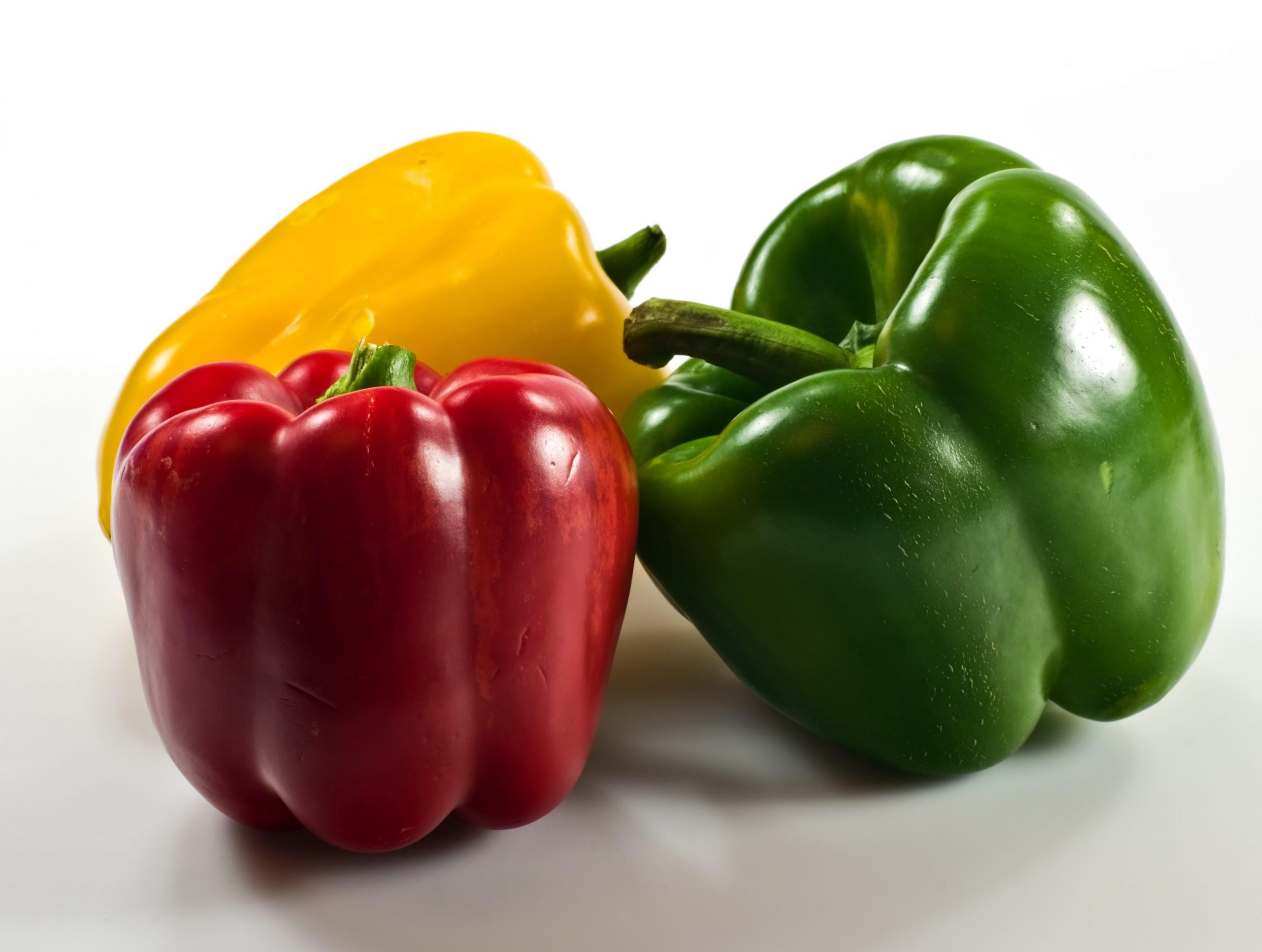Just How Fertilizers Play a Crucial Role in Cultivating Abundant and healthy Pepper Crops
Fertilizers serve as the foundation of effective pepper cultivation, supplying a critical method to nourishing the dirt and promoting optimum plant development. The elaborate dancing in between essential nutrients and the pepper plants' physical processes emphasizes the critical duty that fertilizers play in ensuring a bountiful harvest.
Importance of Nutrient-Rich Plant Foods
The use of nutrient-rich fertilizers plays an essential role in boosting the productivity and quality of pepper plants in contemporary farming practices. Pepper plants need a balanced combination of vital nutrients to flourish and generate high returns of high quality fruits. Phosphorus, nitrogen, and potassium are key nutrients that are essential for the development and advancement of pepper plants. Nitrogen help in leafy eco-friendly development and overall plant vigor, phosphorus sustains origin growth and flower production, while potassium adds to condition resistance and fruit quality.
Insufficient levels of these nutrients can result in stunted growth, decreased yields, and susceptibility to diseases (best fertilizers for peppers). Nutrient-rich fertilizers provide a targeted solution to ensure that pepper plants receive the necessary elements for optimum development and efficiency. Furthermore, these fertilizers assist enhance soil fertility in time, creating a lasting setting for lasting pepper growing
Enhancing Plant Growth and Development
To maximize plant growth and advancement in pepper plants, critical application of nutrient-rich fertilizers is crucial. Fertilizers play a critical role in boosting the general health and wellness and productivity of pepper plants by providing them with necessary nutrients that may be lacking in the soil. Potassium, phosphorus, and nitrogen are key macronutrients required in huge amounts by peppers for robust development. Nitrogen aids in leafy environment-friendly growth and total plant vigor, phosphorus sustains root development and flower formation, while potassium adds to illness resistance and fruit quality.
Along with these macronutrients, micronutrients such as iron, zinc, and magnesium are additionally important for the appropriate performance of various plant procedures. Iron, as an example, is necessary for chlorophyll manufacturing, which is important for photosynthesis and overall plant development. Zinc plays an important duty in enzyme activity and hormone synthesis, affecting plant development and advancement at a mobile degree. Magnesium is important for the formation of chlorophyll and total power transfer within the plant.

Boosting Illness Resistance With Plant Foods
By purposefully including targeted plant foods, farmers can reinforce the illness resistance of pepper crops, making sure ideal plant health and productivity. Plant foods consisting of crucial nutrients like phosphorus, nitrogen, and potassium play an important function in strengthening pepper plants' immune systems, making them extra durable to various conditions.

Maximizing Pepper Return Through Fertilization
Using a balanced fertilizing method is vital to accomplishing maximum pepper return and ensuring optimum crop performance. By offering peppers with the right nutrients at the ideal time, farmers can considerably boost their yield possibility. Potassium, phosphorus, and nitrogen are necessary components for pepper growth, with nitrogen assisting in leaf and stem advancement, phosphorus sustaining root growth and blossom formation, and potassium promoting general plant wellness.
To make best use of pepper yield, it is vital to perform soil tests to establish existing nutrition degrees and recognize any deficiencies that require to be resolved. Based on these results, farmers can establish a customized fertilization plan that meets the certain demands of their pepper plants. Additionally, proper fertilization methods such as split applications throughout the expanding period can ensure continuous nutrition schedule for the plants.

Lasting Plant Food Practices for Peppers
In considering lasting fertilizer practices for peppers, it is important to focus on lasting dirt health and wellness and environmental stewardship in conjunction with making the most of crop performance. One crucial method is the usage of natural fertilizers such as garden compost, manure, or cover plants, which not just provide crucial nutrients to the peppers however also add to soil framework and microbial activity. best fertilizers for peppers.
Additionally, accuracy farming methods, such as dirt testing and targeted nutrient applications, can aid enhance fertilizer usage, guaranteeing that peppers obtain the nutrients they need without excess drainage right into waterways. his response This not just benefits the setting by minimizing pollution however also saves costs for farmers by lessening waste. By embracing lasting fertilizer techniques, pepper cultivators can guard the health of their plants, soil, and surrounding ecological communities for future generations.
Final Thought
Finally, plant foods are vital for growing healthy and plentiful pepper crops. best fertilizers for peppers. They give required nutrients for plant development and growth, increase illness resistance, and take full advantage of yield. By carrying out lasting fertilizer methods, farmers can make sure the lasting health of their pepper crops and contribute to a much more environmentally-friendly and reliable agricultural system
The elaborate dance in between crucial nutrients and the pepper plants' physiological processes highlights the pivotal role that fertilizers play in making sure a plentiful harvest.To maximize plant development and growth in pepper crops, strategic application of nutrient-rich fertilizers is vital. Plant foods play an essential function in enhancing the total wellness and performance of pepper plants by giving them with essential nutrients that may be lacking in the dirt.By tactically integrating targeted plant foods, farmers can boost the illness resistance of pepper crops, guaranteeing ideal plant health and productivity. Fertilizers containing essential nutrients like potassium, phosphorus, and nitrogen play a crucial duty in reinforcing pepper plants' immune systems, making them a lot more durable to various diseases.